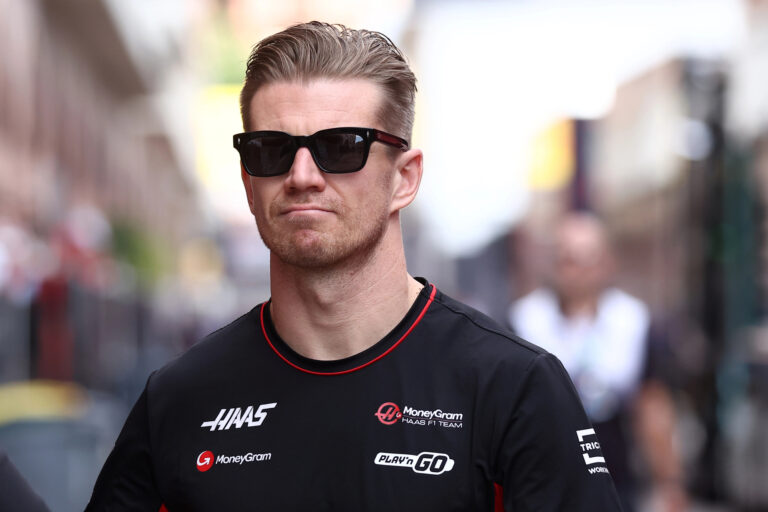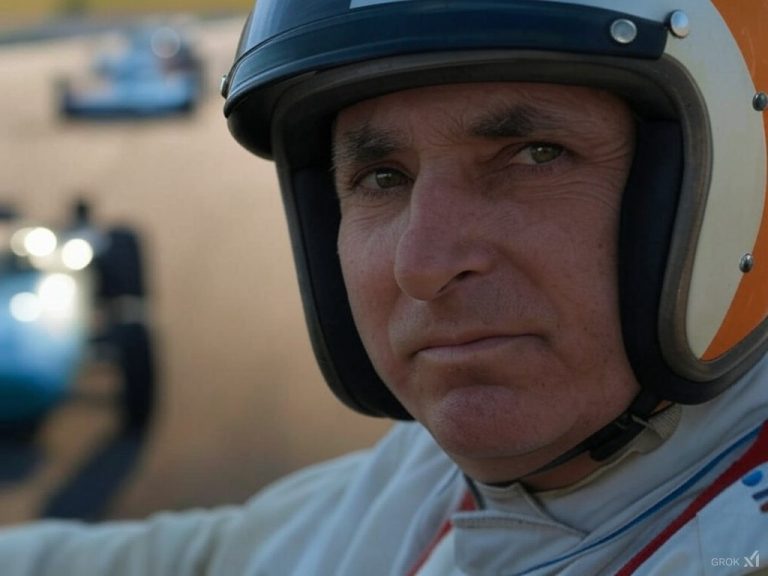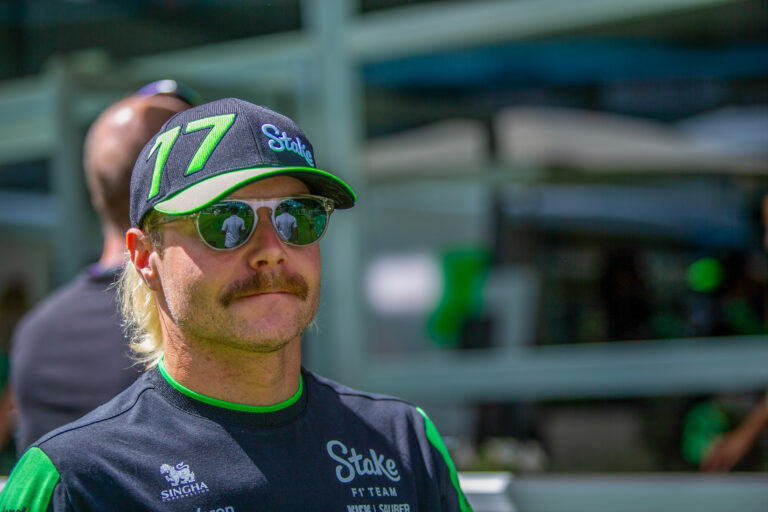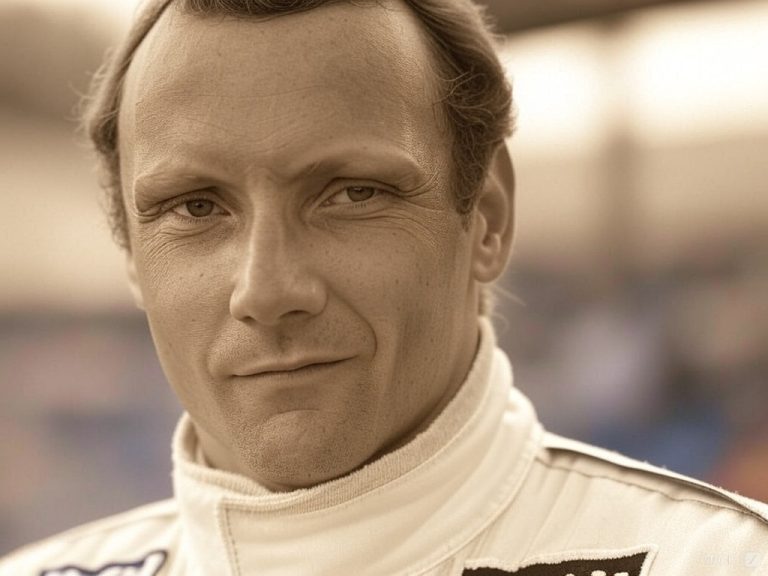Legends of Formula 1: Ayrton Senna
This past weekend, the 2024 Brazilian Grand Prix paid homage to one of motorsport’s most revered figures, marking the 30th anniversary of Ayrton Senna’s tragic passing. For fans, Senna remains an icon of grit, courage, and brilliance on the track. Born with an uncanny talent for racing and fueled by an unyielding competitive spirit, Senna not only redefined what it meant to be fast in Formula 1 but also left an indelible mark on the sport and Brazil. Here, we delve into the life and career of Ayrton Senna – his origins, rise to fame, Formula 1 legacy, and the tragic day at Imola that forever etched his name into the sport’s history.
For Tickets and Packages Please Click Here
Ayrton Senna’s Humble Beginnings in Brazil
Ayrton Senna da Silva was born on March 21, 1960, in São Paulo, Brazil. Growing up in a middle-class family, Senna was fascinated with speed from a young age. His father, Milton da Silva, noticed this early and gifted him a kart when he was four. Karting in Brazil gave Ayrton an escape – a chance to express himself through his natural abilities behind the wheel. By adolescence, Senna had developed an aggressive yet remarkably controlled driving style, captivating onlookers as he dominated the Brazilian karting scene.
Determined to pursue a career in racing, Senna relocated to England in the early 1980s to compete in the fiercely competitive world of British Formula Ford and Formula 3. With his relentless dedication, Senna clinched the British Formula 3 Championship in 1983, solidifying his reputation as a young driver to watch. His remarkable performances on the European circuits soon caught the attention of Formula 1 teams, setting the stage for his entry into the pinnacle of motorsport.
Formula 1 Career: A Meteoric Rise
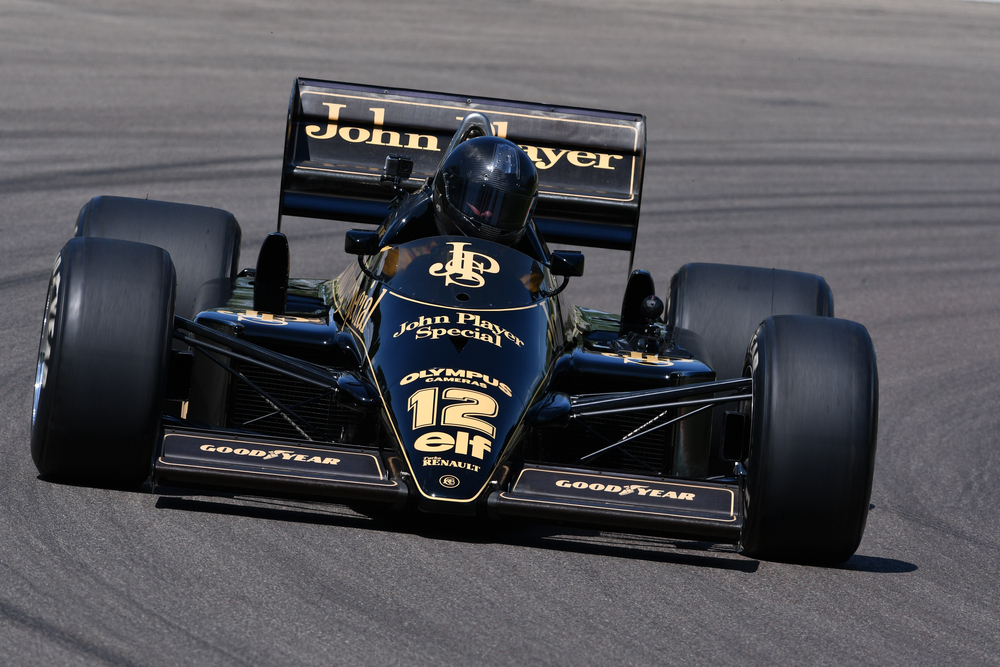
Senna entered Formula 1 in 1984 with Toleman, a smaller team on the grid. Though his car lacked the power of his competitors, Senna’s raw talent was undeniable. His breakthrough moment came at that year’s Monaco Grand Prix, where he demonstrated his mastery in wet conditions by carving through the field and challenging Alain Prost’s McLaren for the lead. Though the race was ultimately halted due to rain, Senna’s performance was breathtaking and hinted at the greatness to come.
In 1985, Senna joined Team Lotus, where he claimed his first Grand Prix win in Portugal, again showcasing his exceptional skill in the rain. Over his three years with Lotus, Senna accumulated six victories and became known for his unmatched prowess in qualifying – a reputation that would follow him throughout his career. His ability to push the car to its limits, especially over a single lap, led to numerous pole positions, cementing his status as one of the fastest drivers on the grid.
By 1988, Senna joined McLaren-Honda, forming one of the most iconic and intense rivalries in Formula 1 with teammate Alain Prost. Together, they dominated the sport, with Senna securing three world championships in 1988, 1990, and 1991. Their rivalry became the stuff of legend, marked by on-track clashes and philosophical differences in driving approach – Senna’s aggressive, instinctual style clashing with Prost’s calculated precision. Their battles epitomized the sport’s fierce competition and provided fans with some of the most memorable moments in F1 history.
The Imola Tragedy and Its Impact
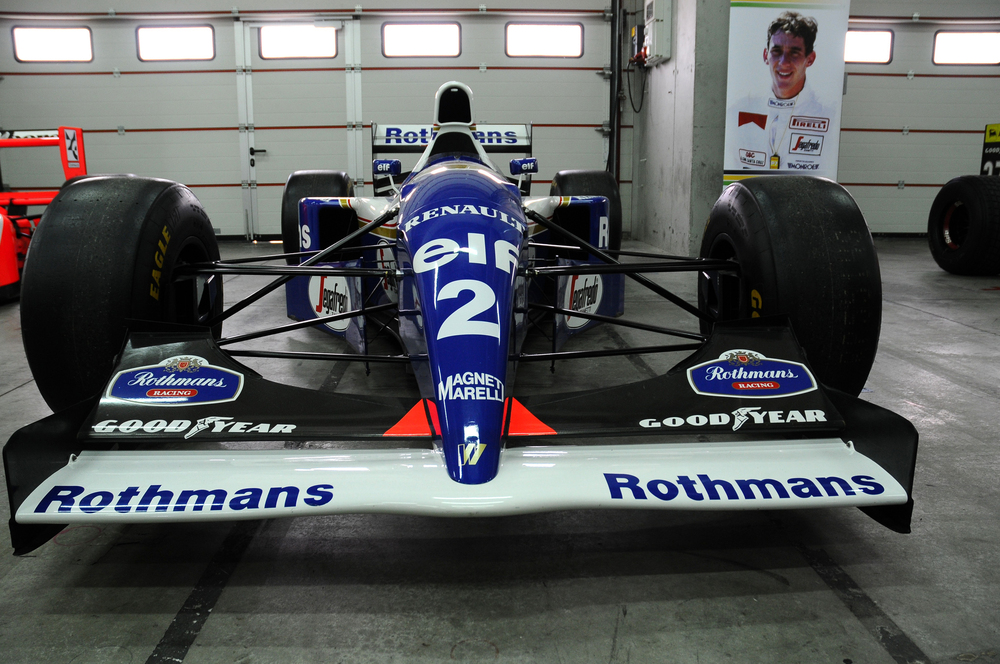
Senna’s life was tragically cut short at the 1994 San Marino Grand Prix. Racing for Williams that season, Senna had been deeply concerned about the safety conditions at the Imola circuit. During the race on May 1, 1994, his car left the track at the high-speed Tamburello corner, colliding with the wall at over 200 km/h. The crash caused fatal injuries, and the motorsport world was plunged into mourning.
The impact of Senna’s death reached far beyond the racing community. His passing led to significant safety reforms in Formula 1, with changes in car design, circuit regulations, and medical protocols. The enduring legacy of his accident reshaped the sport’s approach to driver safety, ensuring that future drivers would be better protected.
A Lasting Legacy
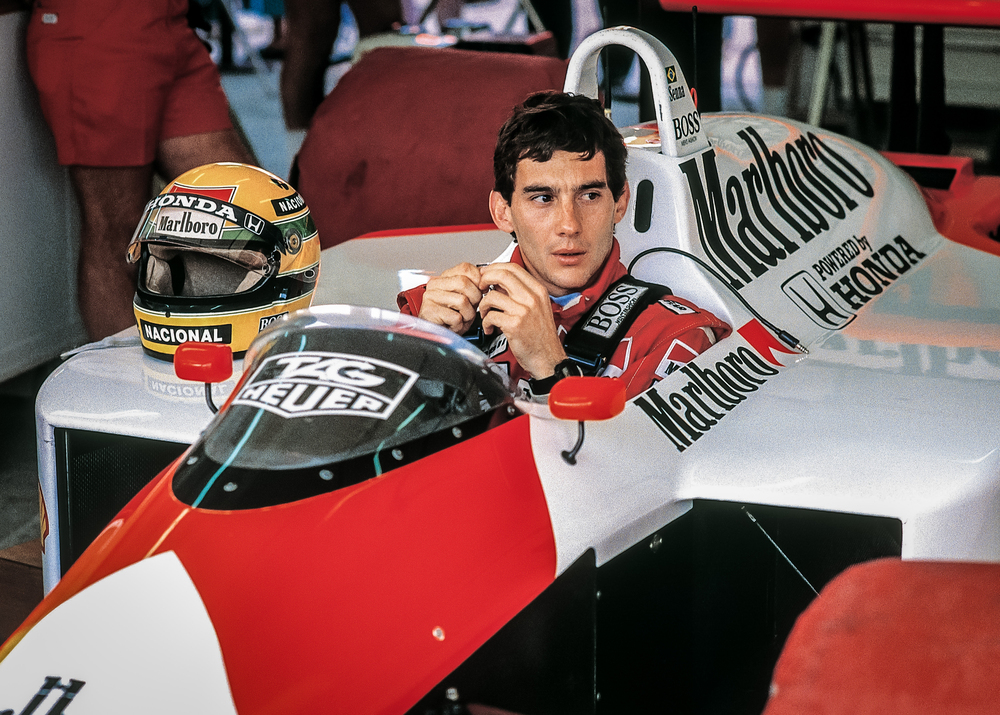
What set Senna apart wasn’t just his talent; it was his deep-seated passion for racing and his connection with fans. He drove with an intensity few could match, often speaking of a higher calling that guided him on the track. His skill in wet conditions was unparalleled, earning him the nickname “The Rain Master.” More than any driver before him, Senna understood the role of a racing driver as both a competitor and a national symbol. Senna was a source of pride and hope for Brazil, a country enduring economic and political struggles.
As Formula 1 returned to Interlagos this weekend for the 2024 Brazilian Grand Prix, fans and drivers alike honored Senna’s legacy. His presence was felt in the tributes paid to him, from fans waving Brazilian flags to the commemorative moments on race day. It’s a testament to Senna’s lasting impact on the sport – even 30 years after his passing, his spirit continues to inspire drivers and captivate fans worldwide.
Senna’s career remains one of the most remarkable stories in Formula 1 history. His unwavering pursuit of excellence and his fearless approach to racing earned him a place among the all-time greats. Today, Senna is remembered not only for his achievements on the track but also for the legacy he left in the hearts of fans and his contributions to making the sport safer.


